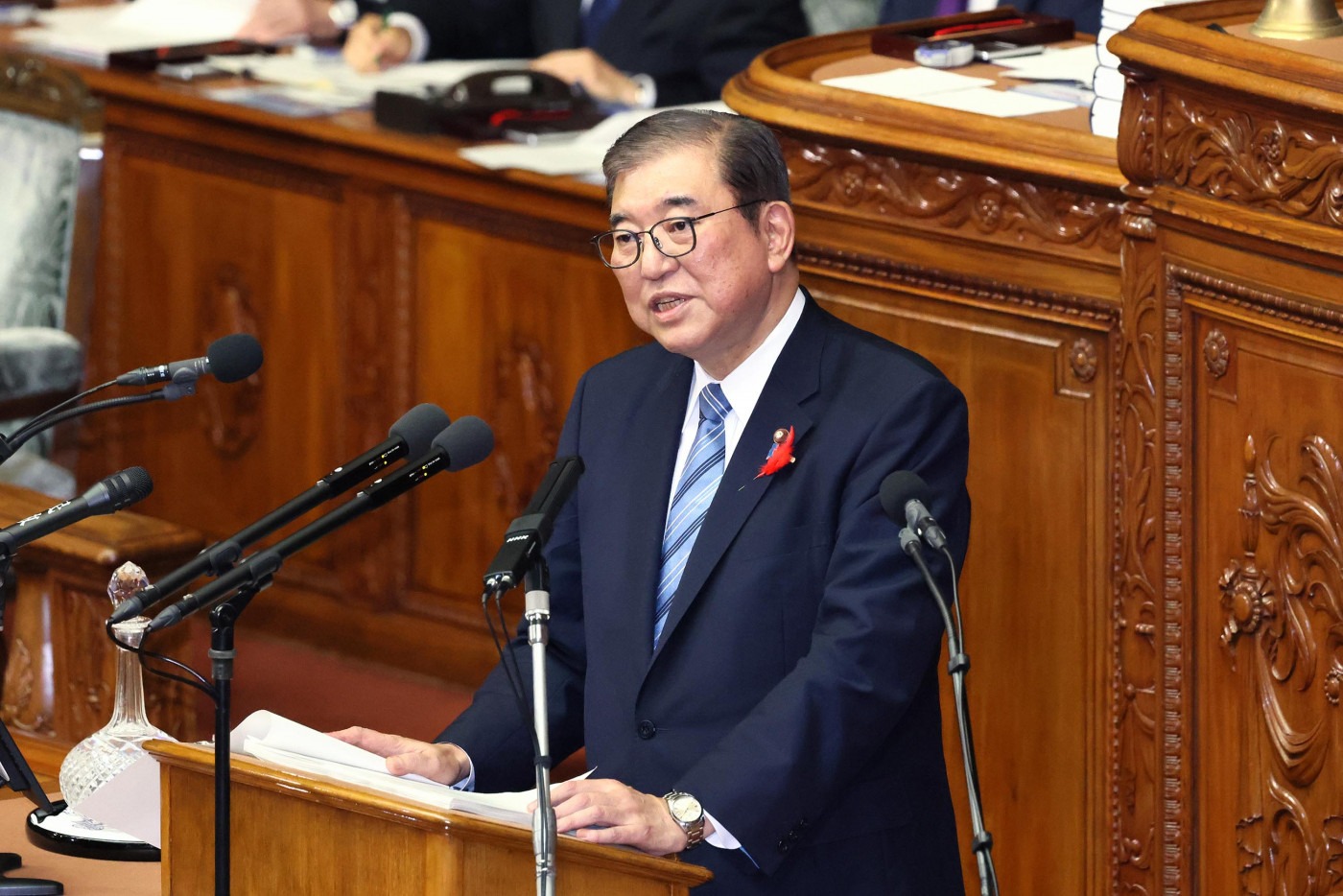Polls and prosperity: will Japan’s snap election spark a new dawn?
As Japan gears up for a snap general election on 27 October, the country’s political and economic landscape is at a critical juncture. Prime Minister Shigeru Ishiba, who assumed leadership of the ruling Liberal Democratic Party (LDP) just under a month ago, faces an immense challenge. The election comes amidst rising discontent over inflation, a decade of stagnant wages, and a slush-fund scandal that has rocked the LDP. Voters are being asked to pass judgment not only on Ishiba’s fledgling administration but also on the party’s prolonged rule, which has seen mixed results on economic and demographic fronts.
Launching his campaign in Fukushima, a region still recovering from the devastating earthquake and nuclear disaster of 2011, Ishiba said: “I will trust the people, tell the truth without lies or deception, and talk about the Japan that should be.” However, his appeal to the electorate may be overshadowed by the economic pain many voters are feeling as inflation eats away at household budgets. Inflation is now a key concern for a public that had grown accustomed to years of deflationary pressure. With stagnant wages, the rising cost of living has become a central issue, and Ishiba’s promise to provide economic relief may not be enough to sway an increasingly disillusioned electorate.
Japan’s economy is in a precarious state. After decades of deflation and ultra-loose monetary policy, the country has entered a period of rising prices, driven in part by global supply chain disruptions and a weak yen. The ‘misery index’ – which adds together the unemployment rate and the inflation rate – has risen to around 6%, an unusual figure in a country where price stability has historically masked underlying economic fragility. Ishiba has pledged to ease the burden on households by implementing subsidies and fiscal support – however, his handling of the economy has already faced criticism. Tokyo stocks plunged after his election as LDP leader and the yen fluctuated wildly, reflecting uncertainty in the markets about whether Ishiba would press the Bank of Japan (BOJ) to delay interest rate hikes.
The economic outlook for Japan is complicated by its demographic challenges
Financial markets are uneasy about the government’s ability to steer Japan through this period of rising inflation. Although the BOJ has signalled its intention to normalise monetary policy by raising interest rates, Ishiba has indicated that he is cautious about further hikes, citing the current fragility of the economy. This reluctance to fully embrace tighter monetary policy has compounded market concerns, especially as the yen continues to weaken against the dollar, further increasing the cost of imports.
The economic outlook for Japan is complicated by its demographic challenges: an ageing population means that a shrinking workforce must support an ever-larger number of retirees, a dynamic that puts additional strain on the public finances and limits economic growth potential. Ishiba’s proposed economic reforms must not only address inflation but also contend with these longer-term structural issues, making his task all the more difficult.
Ishiba’s success in this election may be defined not by how many seats he wins, but by how many he loses
While the LDP remains the dominant force in Japanese politics, the upcoming election presents the party with its greatest challenge in years. Ishiba’s success in this election may be defined not by how many seats he wins, but by how many he loses. The LDP held 255 of 465 seats in the House of Representatives before parliament was dissolved, but the loss of a few dozen seats could strip Ishiba of the absolute majority needed to govern effectively. Political analysts suggest that Ishiba could afford to lose around 20 seats, particularly if they are currently held by scandal-plagued members of his party. However, more significant losses could weaken his ability to pass legislation and embolden his rivals within the LDP.
Yet, despite widespread discontent, the opposition remains deeply fragmented. The largest opposition party, the Constitutional Democratic Party of Japan, is itself divided, and its leader, former Prime Minister Yoshihiko Noda, has struggled to present a compelling alternative to the LDP. Noda has focused his campaign on the need to oust the LDP after its long incumbency, but he has yet to articulate a clear economic vision. This lack of policy clarity has limited the opposition’s appeal, leaving voters with few compelling reasons to abandon the LDP.
The 27 October snap election will be a referendum not only on Shigeru Ishiba’s leadership but also on the future of the LDP. Economic pressures, political scandals, and demographic challenges all weigh heavily on Japan’s electorate. While the opposition is unlikely to unseat the LDP, Ishiba’s ability to govern effectively may be compromised if the party emerges from the election substantially weakened. As Japan navigates this period of economic and political uncertainty, the election’s outcome will have far-reaching implications for the country’s financial future.

Comments